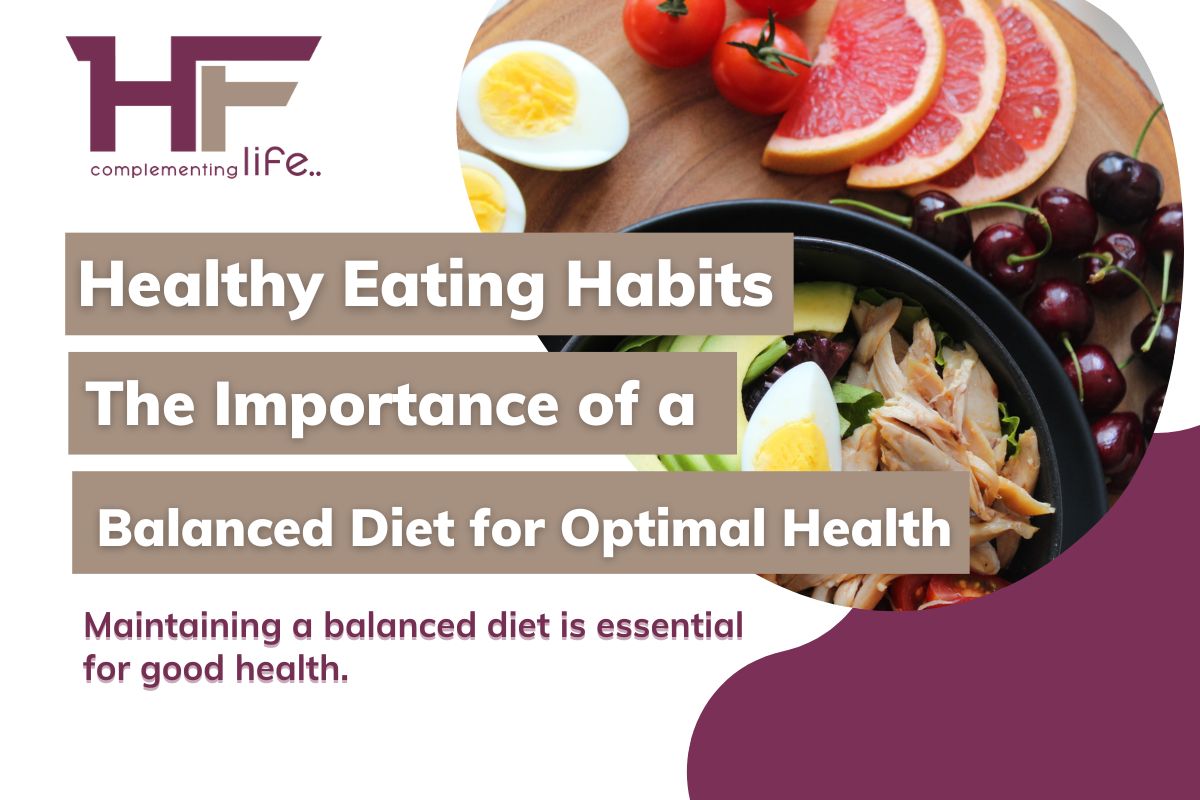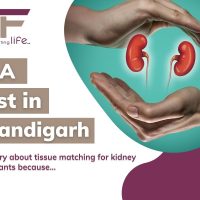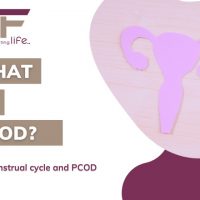Healthy Eating Habits: The Importance of a Balanced Diet for Optimal Health: Maintaining a balanced diet is essential for good health. A balanced diet is one that provides all the necessary nutrients, vitamins, and minerals in the right amounts to keep our bodies healthy and functioning optimally. It is essential to eat a variety of foods from each food group to ensure we are getting all the nutrients our bodies need. In this blog, we will discuss the importance of a balanced diet and how it can benefit our health.
CContents
What is a Balanced Diet?
A balanced diet is one that includes a variety of foods from each of the five food groups: fruits, vegetables, grains, proteins, and dairy. Each food group provides essential nutrients that our bodies need to function correctly. For example, fruits and vegetables are high in vitamins and minerals, while proteins provide amino acids that are essential for building and repairing tissues. Grains provide carbohydrates that give us energy, while dairy products are an excellent source of calcium.
Why is a Balanced Diet Important?
Eating a balanced diet is essential for maintaining good health. A balanced diet provides all the necessary nutrients, vitamins, and minerals that our bodies need to function correctly. Some benefits of a balanced diet include:
Improved Digestion
A balanced diet includes plenty of fiber, which helps promote regular bowel movements and prevent constipation. A diet that lacks fiber can lead to digestive problems such as bloating, gas, and abdominal discomfort.
Weight Management
Eating a balanced diet can help you maintain a healthy weight. A diet that is high in fiber, protein, and healthy fats can help you feel full for longer, reducing the likelihood of overeating or snacking on unhealthy foods.
Reduced Risk of Chronic Diseases
A balanced diet can help reduce the risk of chronic diseases such as heart disease, stroke, and type 2 diabetes. A diet that is high in fruits, vegetables, whole grains, and lean proteins can help improve cholesterol levels, blood pressure, and blood sugar levels, reducing the risk of these diseases.
Improved Mood and Energy Levels
Eating a balanced diet can improve your mood and energy levels. A diet that is high in whole foods, fruits, vegetables, and lean proteins can provide the necessary nutrients to keep your body and mind healthy and energized.
Tips for Maintaining a Balanced Diet and Healthy Eating Habits
Maintaining a balanced diet is essential for good health. Here are some tips to help you maintain a balanced diet:
Eat a variety of foods
Eating a variety of foods ensures that you get all the nutrients your body needs. Aim to eat a range of fruits, vegetables, grains, proteins, and dairy products each day.
Choose whole foods
Whole foods are unprocessed or minimally processed foods that are as close to their natural state as possible. These foods are often higher in nutrients and fiber than processed foods.
Limit processed foods
Processed foods are often high in added sugars, unhealthy fats, and salt. Limiting these foods can help improve your overall health.
Watch your portion sizesEating too much of any food, even healthy foods, can lead to weight gain. Use portion control to help manage your calorie intake.
Drink plenty of water
Water is essential for good health. Aim to drink at least eight glasses of water per day to help keep your body hydrated.
Don’t skip meals
Skipping meals can lead to overeating and unhealthy snacking. Aim to eat three meals a day, and include healthy snacks if needed.
Plan your meals
Planning your meals can help ensure that you are getting all the nutrients you need. Make a meal plan for the week and prepare your meals in advance if possible.
Conclusion
Maintaining a balanced diet is essential for good health. Eating a variety of foods from each food group ensures that you are getting all the
necessary nutrients, vitamins, and minerals your body needs to function optimally. A balanced diet can improve digestion, help with weight management, reduce the risk of chronic diseases, and improve mood and energy levels. To maintain a balanced diet, it is essential to eat a variety of whole foods, limit processed foods, watch your portion sizes, drink plenty of water, and plan your meals in advance. By following these tips, you can enjoy the many benefits of a balanced diet and live a healthy and happy life.











Comments